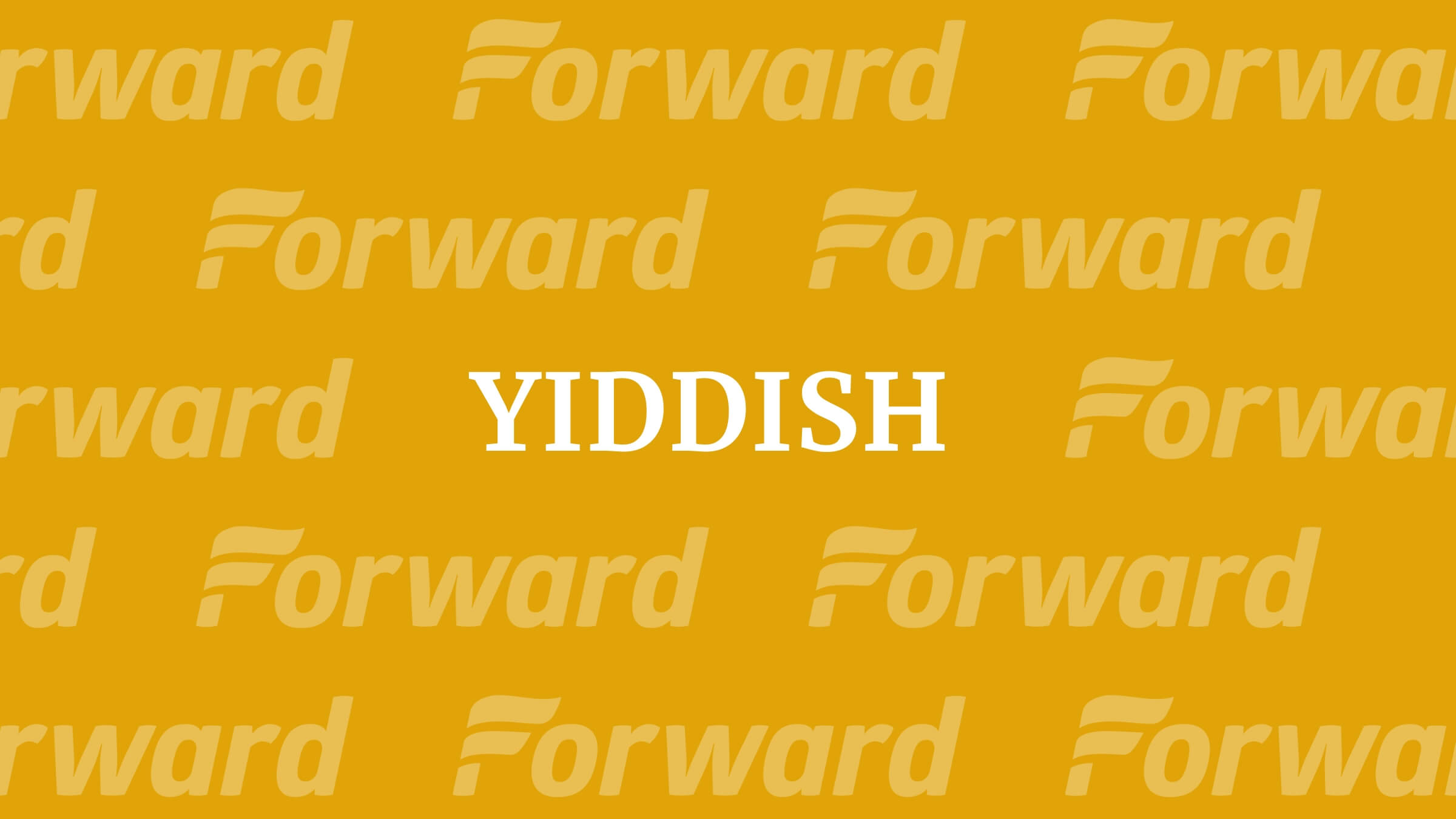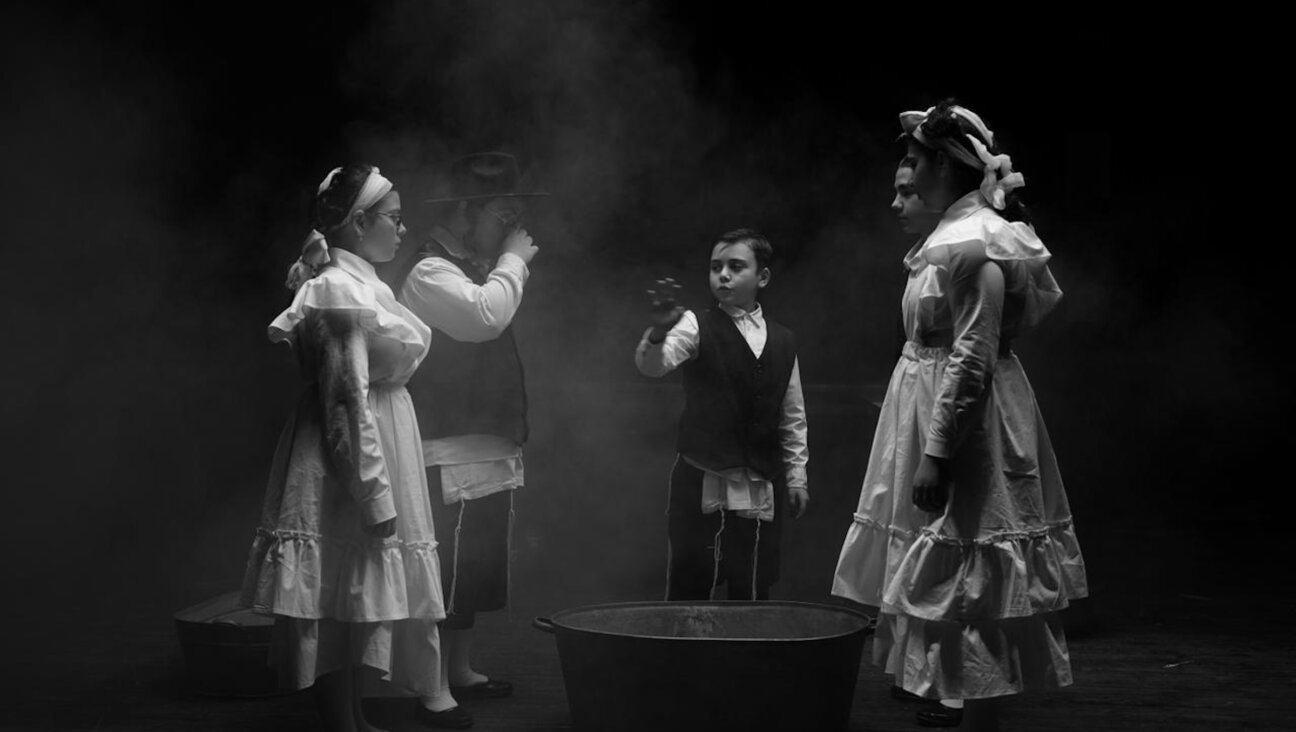Becoming an ordinary American in the shadow of the Holocaust

Graphic by Angelie Zaslavsky
“The past dominated our present,” writes Michael (Menachem) Fox in his compelling coming-of-age memoir as a child of Holocaust survivors from Poland. And indeed, his story isn’t meant to be a chronological narrative.
A professional psychologist, he relates his experiences and feelings through isolated episodes, which had imprinted themselves on his memory and left traces on his soul. The book’s title, “Becoming Ordinary”, describes the emotional process of trying to fit into this new world he had been thrust into.
Before his family came to America, Fox experienced their wanderings from Kazakhstan to Poland, France, and America: “We had seen life through the window of a fast-moving train. Everything being transitory, we had clung to each other to feel at home.”
Like nearly a half-million other Polish Jews, Fox’s family had found refuge from the Holocaust in the Soviet Union. But life there was far from easy. Only half the refugees survived until the end of their Soviet exile. Michael, the youngest of three brothers, was born in the final year of the war. His young mother had to support her husband as well as the children. “I had no choice!” she later said.
Michael’s older brother, Mayer, chose his own path to becoming American, by joining the US army. But for Michael to find a place of his own in America wasn’t easy. After a few years in public school his parents sent him to a Lubavitsh yeshiva, but he was unhappy there. He felt more at home on the streets of New York, on the upper West Side and in Harlem.
Although Michael’s father was the well-known Yiddish writer Chaim-Leyb Fuchs, Michael’s connection with the past came alive through his mother’s stories which simply transfixed him. For her, Fox writes, the past “had existed just a moment ago, yet it had disappeared eons before I was born. […] But her stories were dangerous. I had to struggle with myself to resist them. They were like a drug. I wanted to be sucked into their vortex, no matter how often I’d heard them before. But I had to keep her away from them, for her sake, for all our sakes.”
With deep understanding, Fox reflects the traumatic psychological condition of many survivors in America at that time. Their painful experiences during the Holocaust still felt close to home and deprived them of any peace of mind.
Yiddish holds a special place in Fox’s stories about his life. This was the language of his parents, and he quotes them in their natural Polish dialect. Usually this takes the form of short sentence fragments which he accompanies with a translation. For readers who know no Yiddish, these may appear as a sort of foreign, exotic addition to his elegant English text, but for the author himself, these quotes serve as a connection to his parents’ past, much of which he knows only from their stories. Yiddish was the only language in which his parents could freely express their feelings.
The relationship between the author’s parents was tense and his mother felt forced to devote all her energy into earning a living to support the family. “A person first thinks about providing for his family before he can think about loftier things!” she would say, apparently criticizing his father who preferred reading newspapers and spending time in the company of similar-minded poets and artists. On occasion, Michael’s mother lost her patience: “Master of the universe, why did you leave me alive?”(It actually sounds much stronger in Yiddish than in English.)
As a teenager, Michael attended a series of schools and yeshivas in France and the United States, and he describes these experiences in vivid detail. Seeing Michael’s discontent at the Lubavitch yeshiva, his parents enrolled him in a German-Jewish yeshiva in Washington Heights, upper Manhattan, that follows the customs of the German nineteenth-century rabbi, Samson Raphael Hirsch. Secular studies were held in higher regard in this yeshiva than they were in the previous one. But Michael didn’t take to orthodoxy and was transferred to a public school, although this, too, proved to be a disappointment.
The path to self-discovery, Fox writes, was full of contradictions: between faith and secular culture, between his parent’s past in Poland and his experience in America, between Yiddish and English. He concludes that he was incapable of resolving these contradictions, but finally, learned how to deal with them.
As he writes in the book, his experience took a remarkably upbeat turn after his parents began sending him to a secular Yiddishist summer camp, Camp Hemshekh. His discovery of this unique Jewish community, and how it affected him, is a fascinating part of his long and winding road to becoming an ordinary American.

















